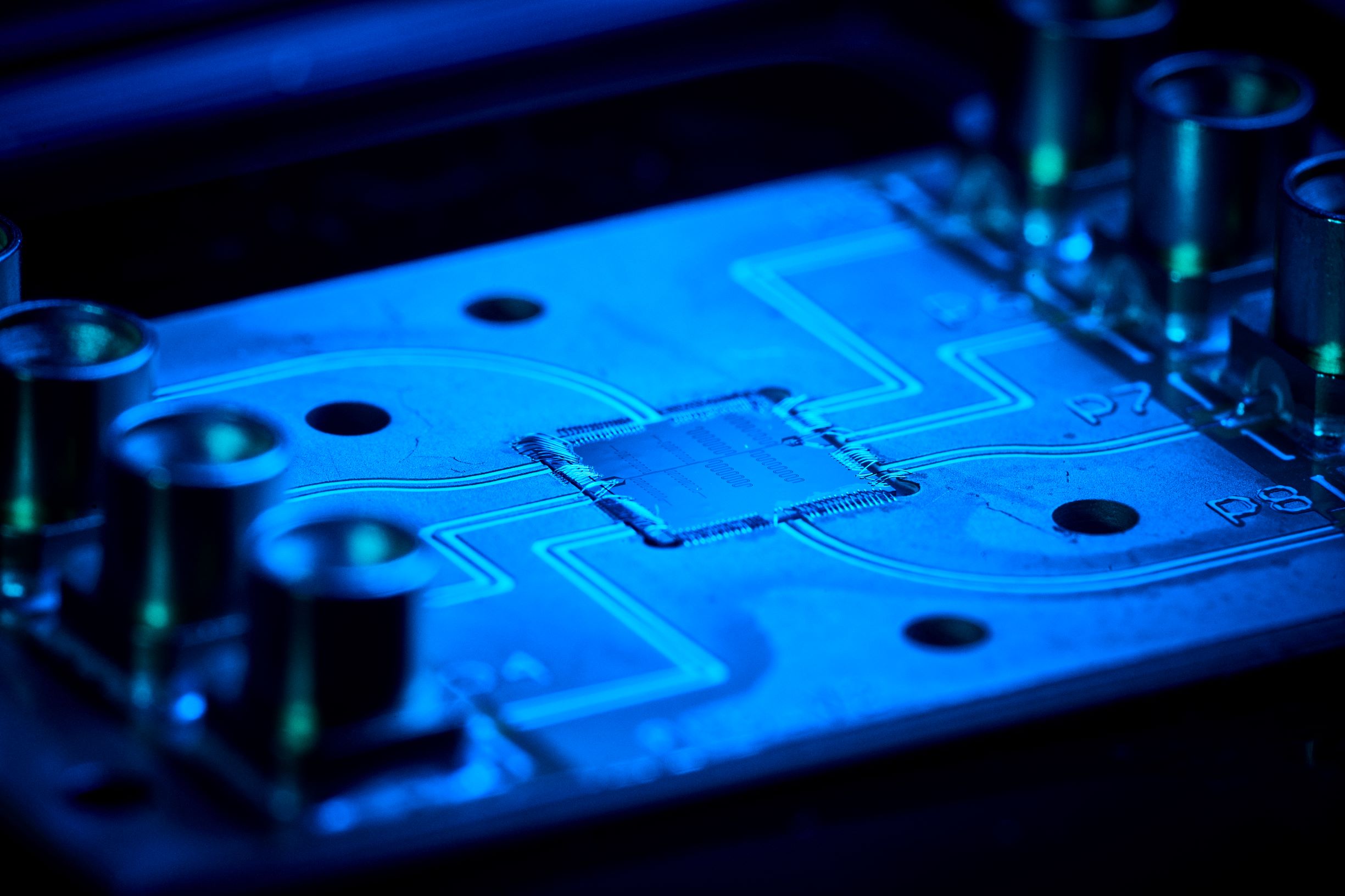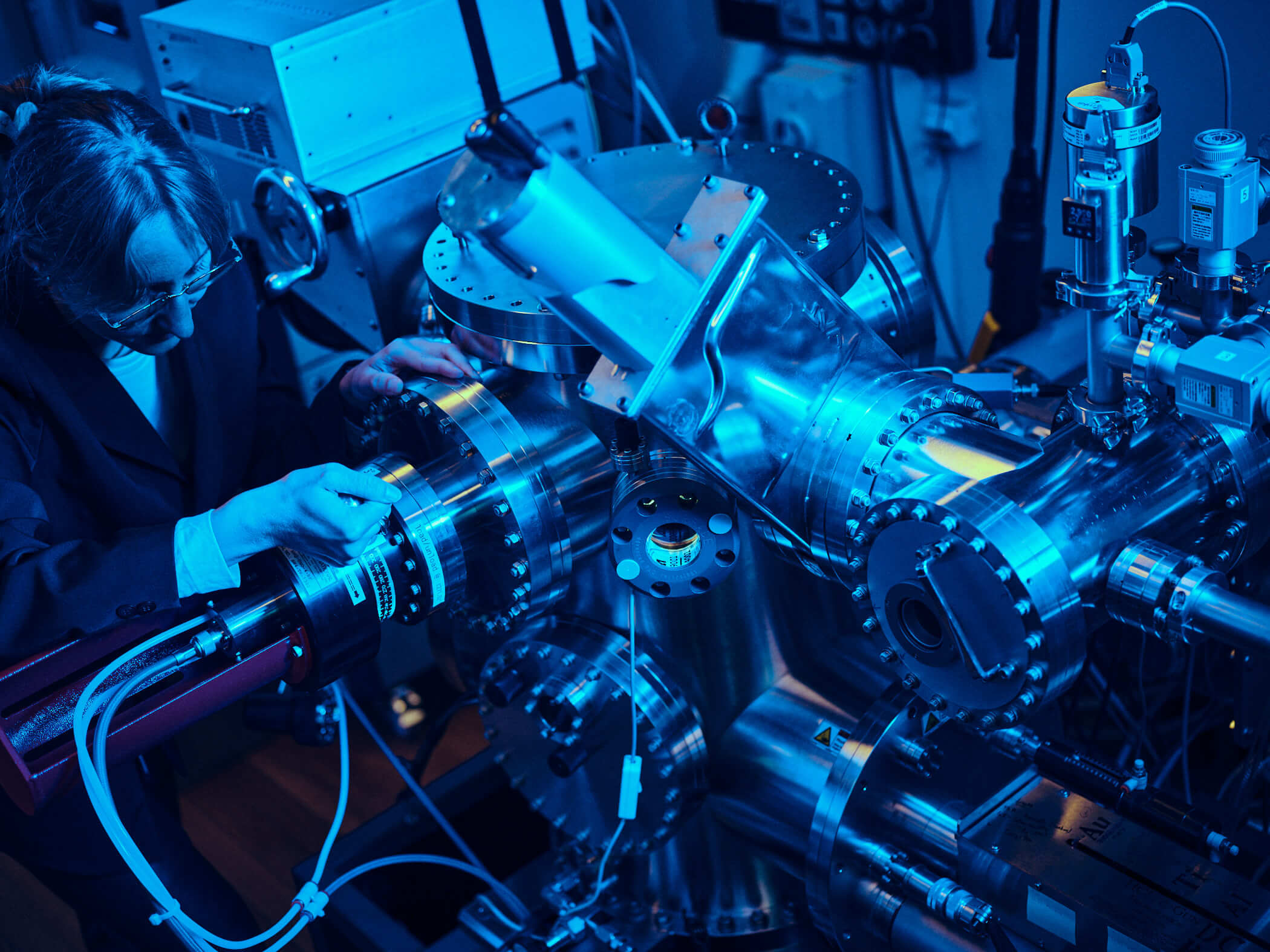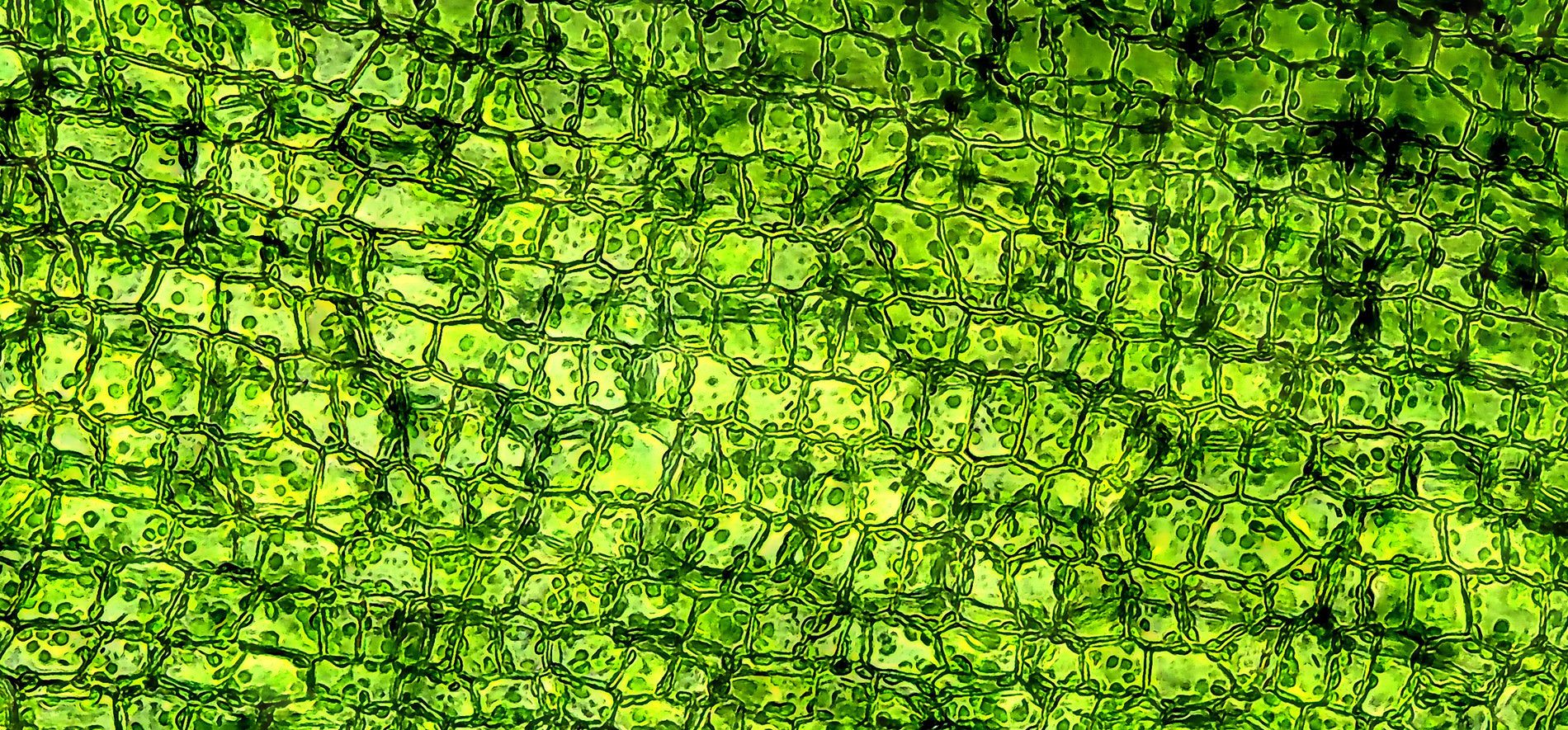
Mewburn Ellis is excited to announce that we now have a part-time office at The BioInnovation Institute Foundation (BII) in Copenhagen, Denmark. The BII is a start-up incubator funded by the Novo Foundation as an international enterprise foundation with a non-profit objective. The BII is trying to create a community of like-minded young scientists, many of whom are trying to set up their first Life Sciences or Quantum Technology companies. This means start-ups apply to their programmes and those that are accepted form part of a supported community of experienced mentors, funders and service providers, who now include Mewburn Ellis, who help them develop their ideas into the tech companies of tomorrow. Mewburn Ellis’ Quantum Technology team is thrilled to be a part of this.
Small though it they be, with a population just shy of 6 million, in the world of quantum physics Denmark is mighty. From the foundational work of Niels Bohr, to the developments made in Copenhagen by his assistant Werner Heisenberg and the series of discussions that lead to the formulation of the Copenhagen interpretation of quantum mechanics, now taught to almost every physics undergraduate in the world, the mark that Denmark has stamped on the field is undeniable.
100-odd years on from the developments that put Denmark on the quantum-map, in 2024, Denmark is once again finding itself playing a central role in a new quantum revolution. This time, the world heralds the deployment of quantum technologies that exploit the weird and wonderful properties of entanglement, superposition and interference to perform previously impossible tasks to outstanding levels of precision.
The quantum revolution has been gathering pace in Denmark for some time now. As a part of the EU, it is involved in its Quantum Flagship program, which launched in 2018 and promised 1billion € over 10 years to bring together research institutions and industry to transform European quantum research into commercial applications. In the same year, Microsoft, one of the world’s largest investors in quantum computing, chose to establish its new quantum Materials Lab in Copenhagen, in partnership with the Niels Bohr Institute, with the aim of developing the quantum chips that lie at the heart of a quantum computer. In 2020 KPMG set up its global quantum technology hub in Denmark, in collaboration with a variety of Danish universities and institutions, representing yet another shining endorsement of the future of Denmark’s long-standing relationship with quantum mechanics. KPMG recognised that Denmark had enormous potential in the field of quantum technology, having strong links to the European Union and NATO, excellent academic prowess in quantum research, and advanced development in industries where quantum technology is likely to make an impact. In particular, Denmark has more graduate-level students enrolled in quantum-relevant studies per million inhabitants than any other country in the world.
However, it was clear that in order to unlock fully Denmark’s quantum potential, there needed to be a clearer and more comprehensive strategy in place. KPMG in particular noted that Denmark’s government did not have a national quantum strategy, something that other big players in the field of quantum technology had already established. Although Denmark had excellent academic pedigree, it was now time to transfer this academic excellence into commercial opportunity. On top of greater government involvement, it was identified that securing funding and promoting collaboration were major objectives if Denmark’s research prowess was to be transformed into commercial success.
And so, in 2023 the Danish government launched their National Quantum Strategy in two parts. The first, launched in June, promised DKK 1 billion over the period 2023-2027 to turbocharge research and innovation, with the aim to have “one of the worlds leading quantum research environments and to have the ability to effectively translate research into new usable technology”. The second, launched in September, focused on commercialisation and established Quantum House Denmark, a physical hub which provides office space, testing and measuring facilities, and business development guidance to foster a competitive and innovative environment for developing quantum technologies. A European quantum fund was also founded to support Quantum House Denmark, alongside other facilities.
The Danish government are also keen to leverage international collaboration with EU and NATO states, alongside other like-minded countries, to attract funding and talent. For example, Denmark has access to the European union’s various quantum-based initiatives, with Danish quantum researchers receiving a higher proportion of EU funding when compared with other fields. Invest in Denmark, a part of the Danish Foreign Ministry, is actively looking to attract interest and establish cooperation with international institutions. In 2023 the UK and Denmark signed a declaration of cooperation that included an agreement to cooperate in the field of quantum technology, joining a US-Danish declaration in 2022 that similarly agreed on cooperating in this field.
Alongside government backing, the Danish quantum scene is attracting large amounts of funding from private companies. Notably Novo holdings, the investment wing of the Novo Nordisk Foundation, just this year committed DKK 1.4 billion to develop a quantum start-up ecosystem in Denmark. This funding, combined with that of the Danish governments, represents the largest per-capita investment in quantum technology of any country in the world.

Further funding comes in the form of NATO’s DIANA program. As quantum technologies, from computing and communication to sensing and surveying, progress from theory to reality, both the opportunities for human development and the threats presented are becoming better understood. It is no wonder then that NATO, the world’s largest defence alliance, is taking an active interest in these technologies. NATO recognises the threat that falling behind in this area would present, as well as the opportunities that investment in these sectors would provide for its allies. It is for this reason that at the 2021 NATO summit in Brussels, NATO members launched the DIANA program. DIANA, or the Defence Innovation Accelerator for the North Atlantic, is a program with the aim of fostering the development of technologies to keep populations safe. It has the aim of harnessing the opportunities provided by various emerging and disruptive technologies, including those in the quantum realm. DIANA runs a series of industry challenges, those currently being on the themes of energy resilience, undersea sensing and surveillance, and secure information sharing. The solutions to these challenges must be dual use; that is, they must have both commercial and defence applications. Successful applicants receive grants to support their research, as well as access to test and accelerator sites and the opportunity to receive additional funding from the 1 billion € NATO innovation fund.
Accelerator sites are designed to enable companies to implement their technology and provides lectures, workshops and mentorship to support start-ups and SME’s thrive, with five pilot sites launched to kick-start the DIANA program in 2023. One of these five sites was Deep Tech Lab – Quantum, located in none other than Copenhagen. Deep Tech Lab is an initiative set up by the BioInnovation Institute (BII), designed to take advantage of the world class quantum research taking place in Denmark. BII is an international enterprise foundation developed by the NOVO Nordisk Foundation that aims to act as an incubator for innovation, particularly in the life sciences. Jakob Svagin, business developer at Deep Tech Lab – Quantum, explained to Mewburn Ellis that the initiative is:
“the part of BII that focuses on bringing all the BII knowledge of working with 100+ biotech and life science startups, to new deep tech areas like quantum. We focus on the transformation of both science and scientists into commercial opportunities and business leadership. Both of these transformations require an immersive environment of other deep tech founders and nurturing a culture of curiosity and peer-to-peer engagement.”

It is clear therefore, that all the pieces of the puzzle are falling into place. The government has thrown itself into the fold, funding from both government and private investors is flowing in, and various programs, initiatives and research centres are choosing to locate themselves in Denmark, creating a network of collaboration and fostering an environment where companies have the support to succeed. The result – a new generation of quantum technology startups thriving in Denmark.
One such company is Sparrow Quantum, a Danish technology company founded in 2015 with the goal of developing light-matter interfaces for use in quantum technologies. In 2021 they received funding from the European Innovation Council, and in 2023 received DKK 31 million in seed funding from venture capital firm 2xN, representing the largest investment in a Danish quantum technology company to date. Sparrow Quantum provides in-chip deterministic single photon sources that provide strings of more than 100 photons without experiencing quality loss at a rate of more than 20 million photons per second, making them among world-leaders in this field.

Another success story of Denmark’s quantum scene is Astrolight, a Lithuanian company that in 2023 became one of the first 6 companies to enter Deep Tech Lab – Quantum as part of the DIANA scheme. Astrolight specialises in developing laser systems to connect Earth to satellites in space, with one goal being to enable the implementation of quantum key distribution protocols for secure quantum communication. Alongside Phantom Photonics, a photonic sensor company founded in Canada; and Aquark Technologies, a spin-out of the University of Southampton building quantum systems based on cold matter; among others, they represent international companies developing their business in Denmark, and benefitting from the open and collaborative nature of Denmark’s burgeoning quantum scene.
As exciting as this is, it represents only the very beginning of the Danish government’s ambitious plans. The University of Copenhagen, in collaboration with NOVO Nordisk, aims to construct a fully functional quantum computer by 2034. NATO’s DIANA scheme is only in its nascent stage, with new challenges being announced until DIANA becomes fully operational in 2025. And even more quantum start-ups are expected to launch and have the opportunity to thrive thanks to the recent investment. When asked about the future of quantum technology in Denmark, Svagin was optimistic:
“Denmark is on its way to becoming an international hub for the quantum industry, and fostering a strong startup community is a central part of this journey. We are fortunate to be part of both the BII Venture Lab program and the NATO DIANA program. This gives a strong international community rooted solidly in our traditions for strong research in this area.”
The future looks bright for quantum technology in Denmark.
Josh is a trainee patent attorney working in the Manchester office as part of the Engineering practice group. His main areas of expertise are Quantum physics, Atomic & molecular physics and Optics.
Email: joshua.tall@mewburn.com
Sign up to our newsletter: Forward - news, insights and features
Our people
Our IP specialists work at all stage of the IP life cycle and provide strategic advice about patent, trade mark and registered designs, as well as any IP-related disputes and legal and commercial requirements.
Our peopleContact Us
We have an easily-accessible office in central London, as well as a number of regional offices throughout the UK and an office in Munich, Germany. We’d love to hear from you, so please get in touch.
Get in touch



